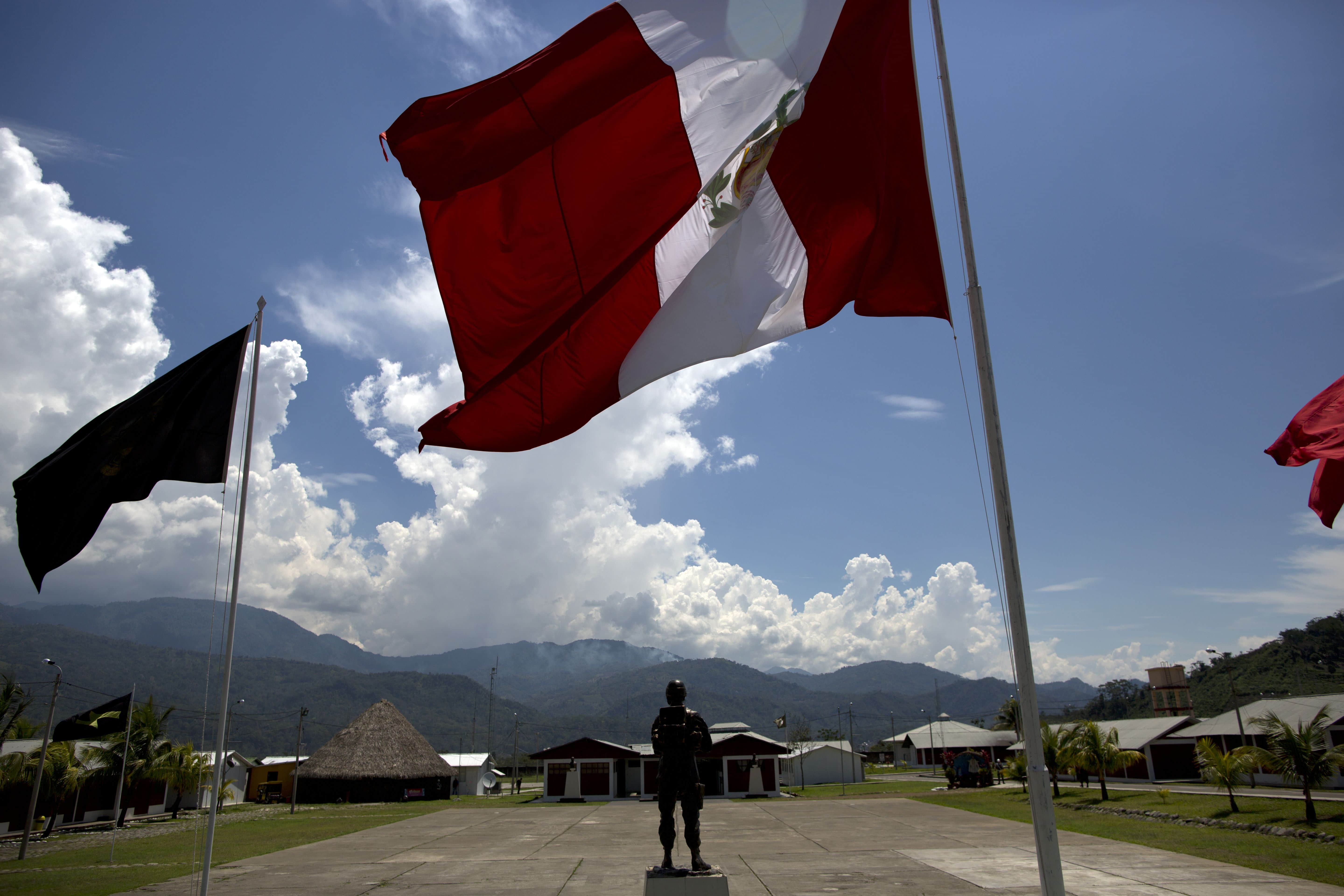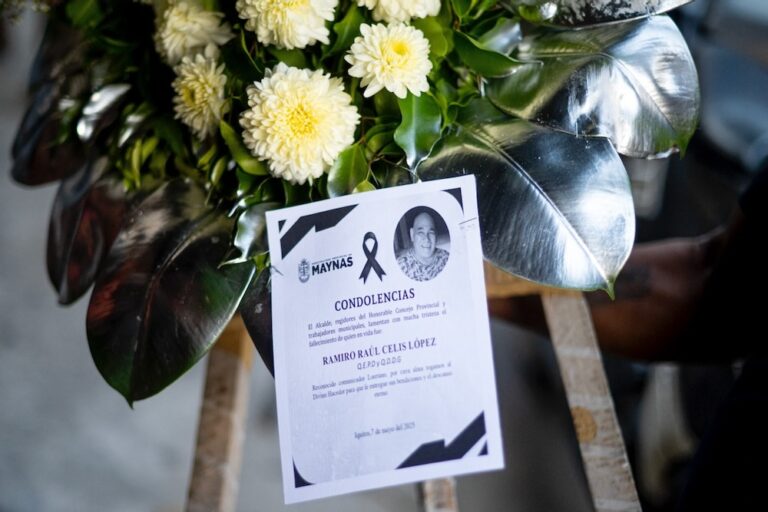Journalist Rosana Cueva, director of investigative television show Panorama, announced that she and her investigative team had been accused by the Ministry of Defense of purportedly revealing state secrets. The charges were brought after the show issued a report demonstrating mismanagement of money destined for the fight against drug trafficking.
On 26 June 2016, journalist Rosana Cueva, director of investigative television show Panorama, announced during the airing of her Sunday show that she and her investigative team had been accused by the Ministry of Defense of purportedly revealing state secrets. The incident occurred in Lima, Peru’s capital.
The charges were brought after the show issued, last 17 April, a report demonstrating mismanagement of money destined for the fight against drug trafficking in an area known as VRAEM located in the south of the country. The journalist in charge of the report was Karina Novoa.
Cueva pointed out that the charges initially only included Karina Novoa and herself, in her capacity as director of the show. Nonetheless, two months after, the names of all members of the team that participated in the report have also been requested, “in order to include them as part of the charges”.
The Ministry of Defense is accusing the journalists of having released secret information regarding intelligence budgets in the VRAEM, generating risks in terms of national security.
The TV report showed an original file that included amounts spent and names of alleged collaborators that supposedly received payments for providing information. Panorama found these collaborators who willingly declared not having provided information or received payments.
Roberto Pereira, criminal lawyer and IPYS legal advisor, pointed out that in order for a charge for revealing national secrets to move forward, the information disseminated must have been classified as “secret” prior to its dissemination, as per the Law on Transparency and Access to Public Information.
According to Pereira, not all information related to national defense or to the Armed Forces can be qualified as “secret”. In addition, the release of information must have the capacity to risk the effective functioning of “national security”. If there is no imminent or confirmed risk in terms of “national security”, there can be no crime.
“National security” must not be confused with upsetting military sectors and those politically responsible due to the release of information that challenges the integrity of some military officers. On the other hand, “the confidential information classification cannot fall over illicit contents, as the protection can only be granted to legitimate actions taken by the State“, said Pereira, adding that this is a crime “that can only be perpetrated by people who are legally obliged to preserve or guard State secrets, which is not the duty of journalists or media outlets”.



